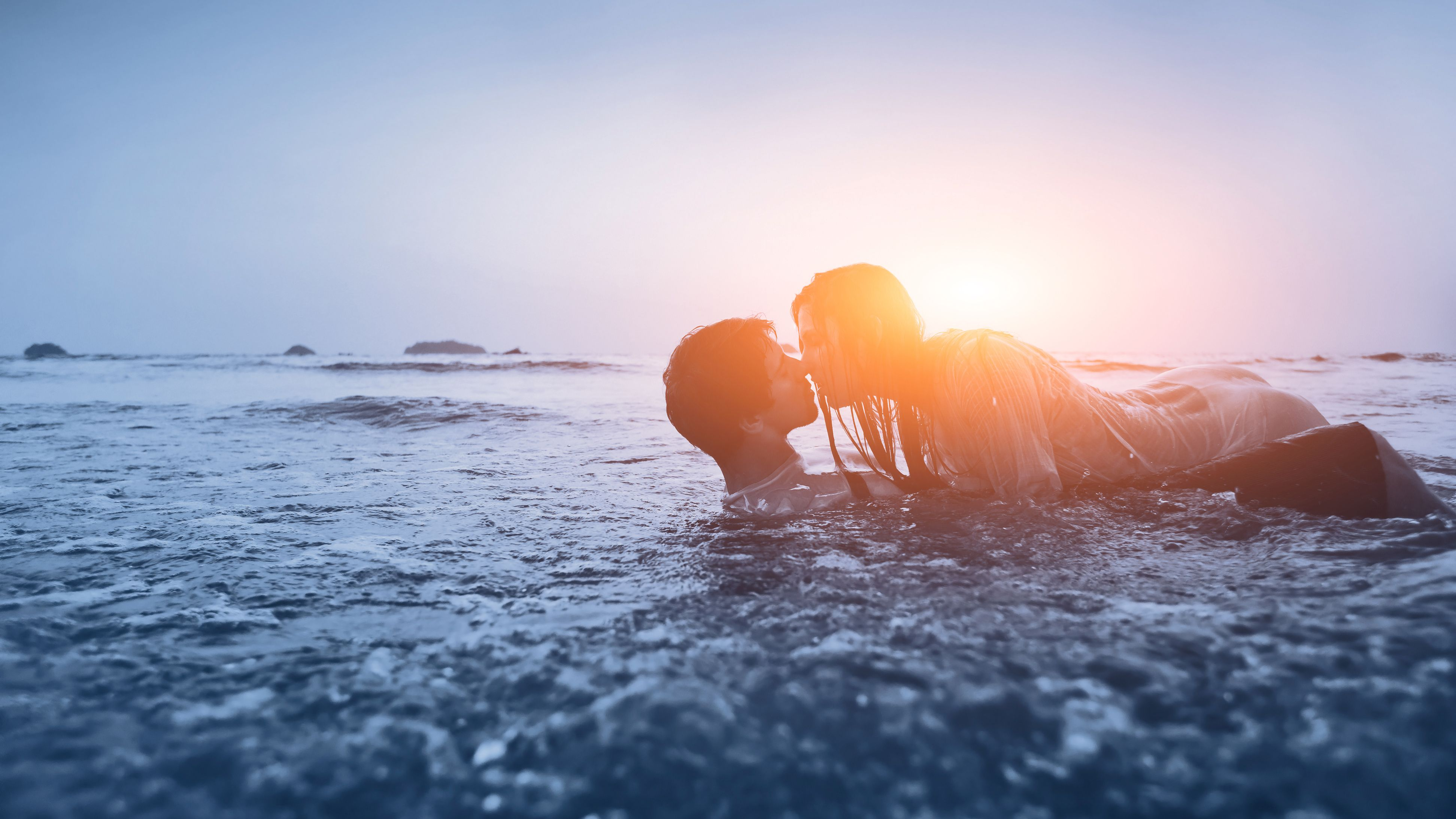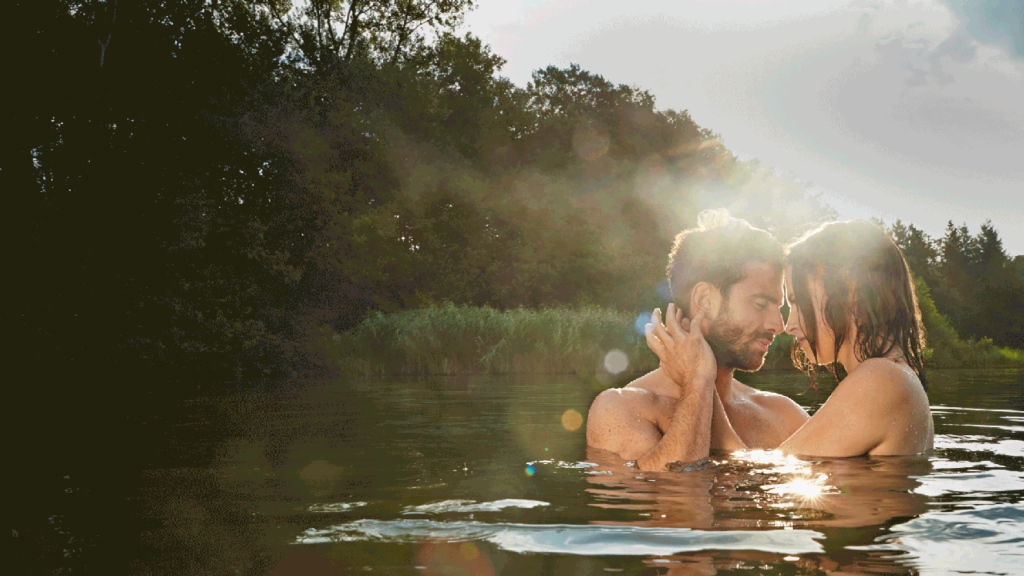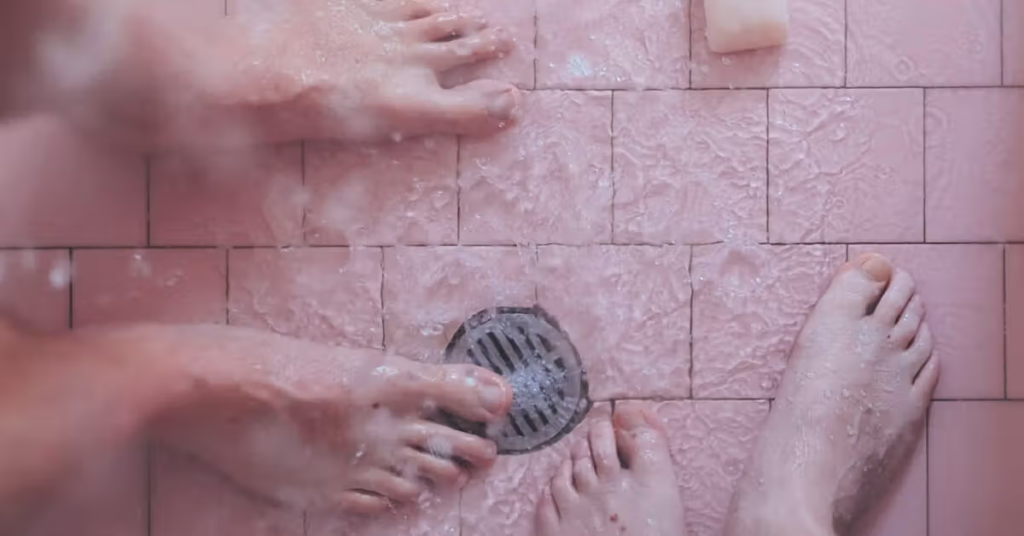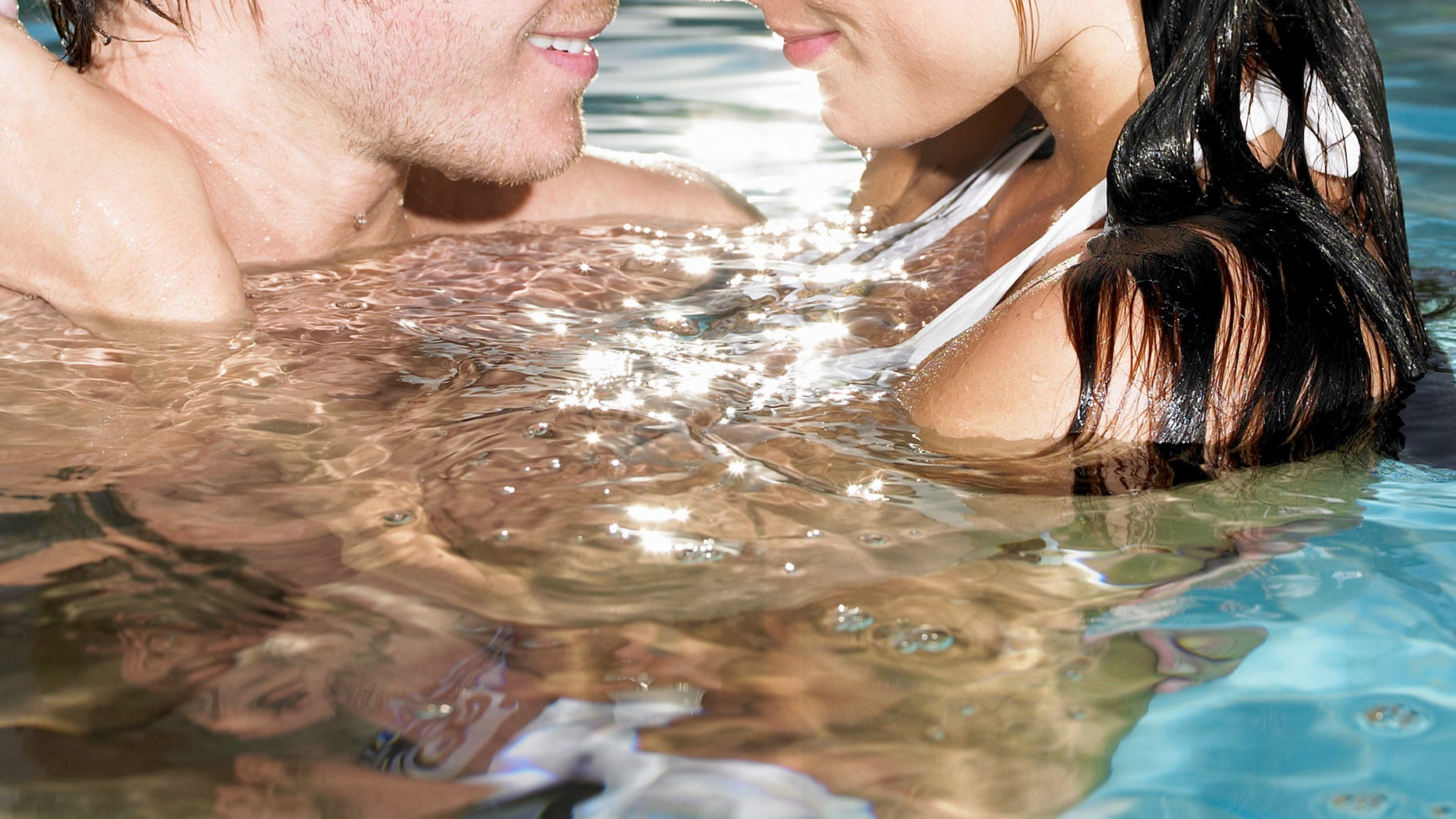Engaging in sex in water can be a thrilling and unique experience, but it also comes with specific risks and challenges that are essential to understand. In this comprehensive guide, we will explore the potential dangers associated with aquatic intimacy and provide you with the knowledge to stay safe while enjoying these underwater adventures.
What’s In The Article?
Understanding the Risks of Aquatic Sex

Sex in water poses several unique risks that can impact your health and safety. It’s important to be aware of these risks to prevent any unwanted surprises.
Waterborne Infections
Water in lakes, rivers, and oceans can contain harmful bacteria like E. coli, which can cause infections if it enters the body through small cuts or mucous membranes. Freshwater sources are particularly prone to contamination from nearby wildlife or human activity.
Warm, moist environments like hot tubs and jacuzzis can be breeding grounds for fungi, potentially leading to infections like yeast infections. Additionally, there is a risk of contracting viral infections such as Hepatitis A from contaminated water sources.
Real-Life Example:
In 2018, a couple vacationing in Jamaica experienced severe skin rashes and urinary tract infections after engaging in sex in a hotel pool. Medical examinations revealed that the pool’s chlorine levels were not properly maintained, leading to bacterial contamination. This case highlights the importance of ensuring that the water quality is regularly monitored and maintained.
To minimize these risks, it’s crucial to avoid contaminated water. Only engage in aquatic intimacy in water known to be clean and safe, checking local water quality reports or using portable water testing kits. After your encounter, rinse off thoroughly with fresh water to remove any potential contaminants and use a mild antibacterial soap for added protection. It’s also wise to avoid entering the water if you have open cuts or wounds, as these can be entry points for infections.
Aquatic environments can present various physical hazards that can affect your safety during intimacy.

Physical Hazards
- Wet surfaces, especially in pools and bathtubs, can be extremely slippery and increase the risk of falls and injuries.
- Oceans and rivers can have strong currents that make it difficult to maintain stability and control, posing a danger of accidents or drownings.
- Both hot and cold water can also pose risks; hot water can cause overheating and dehydration, while cold water can lead to hypothermia and muscle cramps.
Using non-slip mats in bathtubs and pools can help prevent falls. Install handrails if possible for additional support. In ocean or river settings, be aware of currents and only engage in aquatic intimacy in calm waters, avoiding areas known for strong currents or large waves. Ensure the water temperature is comfortable—keep hot tubs below 104°F (40°C) to avoid overheating and limit exposure to cold water while staying active to keep warm.
Chemical Exposure
Pools are typically treated with chlorine to keep the water clean, but while necessary for hygiene, chlorine can cause skin and eye irritation, and its fumes can be harmful if inhaled in large amounts. Hot tubs often use additional chemicals like bromine, which can also cause skin irritation and respiratory issues.
Scientific Insight:
A study conducted by the Environmental Health Sciences Center found that prolonged exposure to chlorinated pool water can lead to respiratory issues and exacerbate asthma symptoms. Additionally, bromine, used in hot tubs, can be harsh on the skin and respiratory system, especially when combined with the heat of the water.
To reduce chemical exposure, rinse off before and after entering a pool or hot tub. This minimizes the amount of chlorine or bromine that comes into contact with your skin. It’s also advisable not to stay in chemically treated water for extended periods; take breaks to allow your skin to recover. If you own a pool or hot tub, regularly check and maintain the chemical levels to ensure they are within safe limits, using test strips to monitor chlorine or bromine levels and adjust as necessary.
Health and Hygiene Concerns

While water itself does not transmit sexually transmitted infections (STIs), engaging in sexual activity in water can still pose risks.
- Water can weaken latex condoms and increase the risk of breakage, so using extra-strong or polyurethane condoms for added durability is advisable.
- It can also wash away natural lubrication, increasing the risk of friction and condom breakage; using silicone-based lubricants, which last longer in water, can help mitigate this issue.
Proper hygiene practices before and after your aquatic encounter are essential.
- Rinse off before entering the water to remove any sweat, oils, or lotions.
- After the encounter, shower thoroughly with antibacterial soap.
- Use mild, fragrance-free soaps to avoid irritation, as harsh soaps can strip the skin of natural oils and exacerbate any irritation caused by chemicals or bacteria.
- Stay hydrated by drinking plenty of water.
- Apply a gentle moisturizer to your skin after showering to prevent dryness.
Legal and Ethical Considerations

Engaging in sex in water, especially in public or shared spaces, comes with its own set of legal and ethical considerations. It’s important to be aware of the laws and regulations regarding public indecency and sexual activity in your area.
- Sexual activity in public places, including public pools, beaches, and lakes, is often illegal and can result in fines or other legal consequences.
- Regulations can vary widely by location, so always research and understand the local laws before engaging in any intimate activities in public or semi-public water environments.
- Opt for private or secluded locations to avoid legal issues, ensuring your activities remain discreet and within the bounds of the law.
- Familiarize yourself with local laws and regulations regarding public behavior and indecency; ignorance of the law is not a valid defense if you are caught. Ethical behavior is also crucial, particularly in shared or public spaces.
- Ensure that both you and your partner are fully consenting and comfortable with the activity, and be mindful of others who may be using the area to avoid making them uncomfortable or intruding on their space.
Unexpected Situations

No matter how well you plan, unexpected situations can arise during aquatic intimacy. Here’s how to handle them:
If you are interrupted by others, calmly and discreetly relocate or cover up to avoid drawing attention to the situation. Sudden changes in weather or water conditions can disrupt your encounter, so have a backup plan or location in mind. Maintain your composure and handle interruptions discreetly, as panicking can escalate the situation and draw unwanted attention. If possible, move to a more secluded area to continue your encounter, having a backup location can be helpful in these situations.
Discomfort or injury can also occur. Cold water or prolonged activity can lead to muscle cramps; stretch beforehand and take breaks as needed. If you experience skin irritation from chemicals or bacteria, rinse off immediately and apply a soothing lotion or ointment. Perform gentle stretching exercises before and after your encounter to prevent cramps and muscle strain. Keep aloe vera gel or a soothing lotion on hand to address any skin irritation promptly.
Environmental Impact

Having sex in natural water settings can be fun, but it’s important to think about how it affects the environment. Natural bodies of water like lakes, rivers, and oceans are delicate ecosystems that can easily get messed up by human activities. Here’s what you need to keep in mind:
- Pollution: Using oils, lotions, and lubricants can pollute the water. These substances can harm fish and other aquatic life, messing up their homes and causing long-term damage.
- Disturbing Wildlife: Natural water spots are often home to all sorts of critters. Human activity, especially during breeding or nesting times, can stress out or even drive away wildlife.
- Erosion: Repeatedly using the same spots, like riverbanks or lake shores, can cause erosion. This not only changes the landscape but also affects water quality and the creatures that live there.
- Chemical Exposure: Chemicals like chlorine from pools can leak into natural water bodies if not managed properly, screwing up the water’s chemical balance and harming plants and animals.
- Litter: Leaving behind trash like condoms, wrappers, or other debris can pollute the environment and pose serious risks to wildlife that might eat or get tangled in the trash.
To keep these beautiful natural settings intact, it’s crucial to use eco-friendly products, clean up after yourself, and be mindful of how your actions impact the environment. By being responsible, you can enjoy these natural spots without leaving a negative footprint.
Conclusion
Engaging in sex in water can be an exciting and memorable experience, but it comes with unique risks that must be understood and managed. By being aware of waterborne infections, physical hazards, chemical exposures, legal implications, and health concerns, you can take the necessary precautions to ensure your aquatic intimacy is both safe and enjoyable.
Remember, the key to a successful aquatic adventure is thorough preparation, clear communication, and a commitment to safety and hygiene. With the right knowledge and approach, you can enjoy the thrills of water sex while minimizing the risks. Stay safe and have fun!


